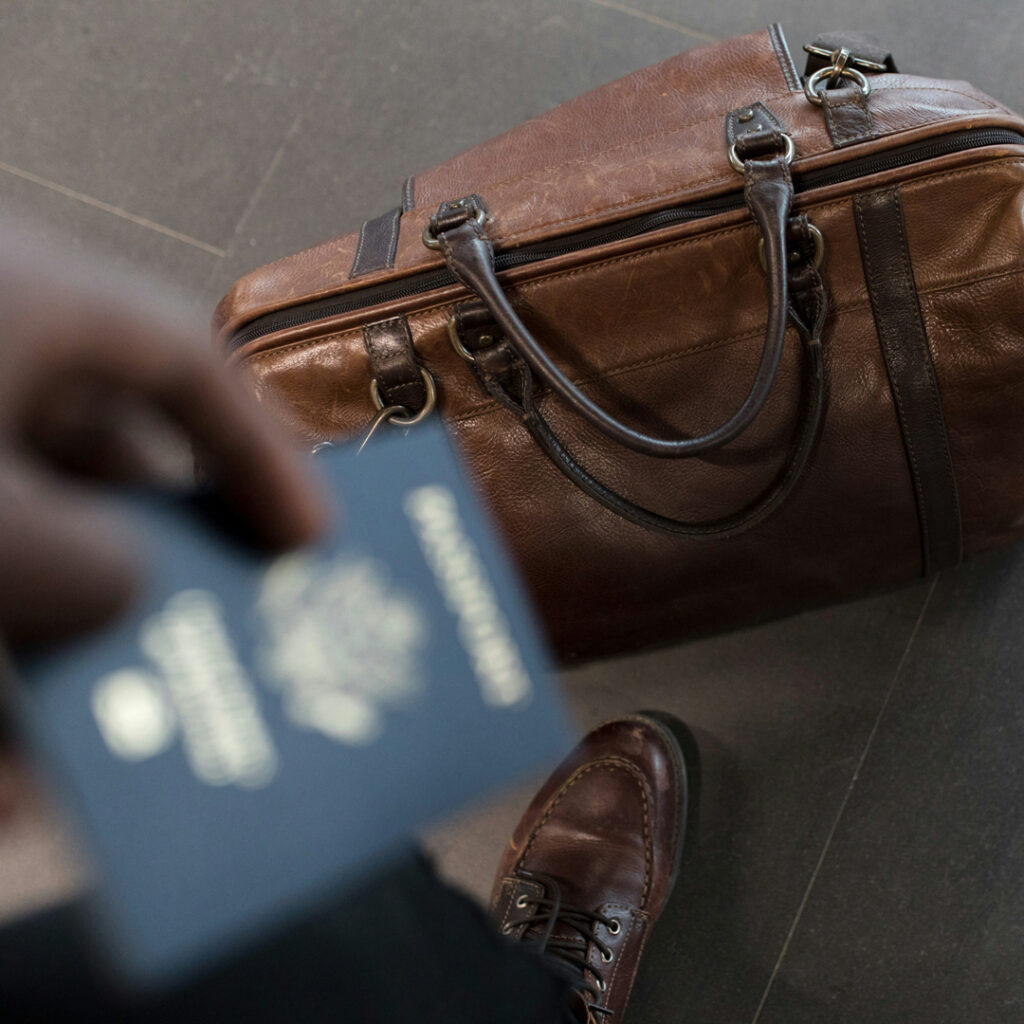We need companies that don’t just meet expectations—but exceed them, going beyond what the market even demands.
For days, I’ve been reading reactions to the video “I Don’t Want to Leave,” where a group of successful young people from Bosnia and Herzegovina explain—in a deep, affected male voice (?)—why they choose to stay in the country. The campaign is backed by a youth association, supported by companies and media, including the outlet you’re reading now. And why not? Every year, BiH loses 150,000 people searching for better working conditions and a life with dignity. Serbia has even done the math: each highly educated emigrant costs the state nearly 70,000 KM—the amount invested in their education from elementary school to university. The figure in BiH is comparable. So any initiative offering potential solutions deserves praise.
But here’s the catch. Instead of giving us, say, three weak reasons to stay, the video lists at least thirty reasons to leave! Just as you start wondering whether the point is to make the bleakness even bleaker or to offer a new narrative and a glimmer of hope, the online comments don’t hold back. The blame falls on the ruling class, the opposition, the ’90s generation, retirees—and even the youth themselves: “You’d rather live off your parents’ pensions and drink three coffees a day. Get up, take initiative—who will if not you young folks?” says some anonymous internet loudmouth. At first, I thought only a rare few were on that path, but the work of hundreds of young (and not-so-young) individuals and companies has convinced me otherwise. The combined GDP of all Western Balkan economies is less than €100 billion—about the same as Slovakia’s—yet we have 12 million more people than that small country. Things can’t get worse, so the only possible direction is forward.
The same goes for corporate social responsibility: a donation here or a responsible action there won’t fix decades of systemic gaps. We need companies that don’t just do their jobs—but do them exceptionally, beyond what’s expected, beyond what the market demands—so we can leap into the future in giant strides.
Who even knew about Tuzla’s airport before Wizz Air started flying there? Or imagined a plane ticket to a European destination could cost just a hundred marks? The airline didn’t do anything revolutionary—it just offered the same quality service it provides across Europe, doing its job better than it had to. Or take the recent introduction of 4G in BiH: a country that got fast mobile internet among the last in Europe, where only 15% of the population uses mobile payments. In Croatia, that figure exceeds 50% and surged after faster internet arrived. The telecoms here didn’t perform miracles—they just pushed the state to let them deliver excellent service, and eventually succeeded. Similarly, Sarajevo’s PR agency Represent Communications, the British Council, and the Center for Investigative Reporting earned LGBTIQ Index awards not because they had to, but because they chose excellence in fighting discrimination and fostering inclusion—simply because they wanted to.
It’s hard not to feel hopeless—years of traveling this region have taught me that. When I say, as a 35-year-old, that I’d never leave this part of the world, reactions range from disgust to admiration. When I mention that I moved to Sarajevo before turning 30—without any family ties or pressure to do so—few understand why.
So my answer to that anonymous online critic is simple: Create something more than an illiterate comment, my friend. Build something of your own, something that improves this country and employs people, something you do not because you’re forced to, but because you want to. Then we’ll talk. It’s not about what I won’t do—not even #Idontwanttoleave—but what I will do: I want to create. Here. Now. Every day. Until we’ve built the BiH and the region we actually want.


